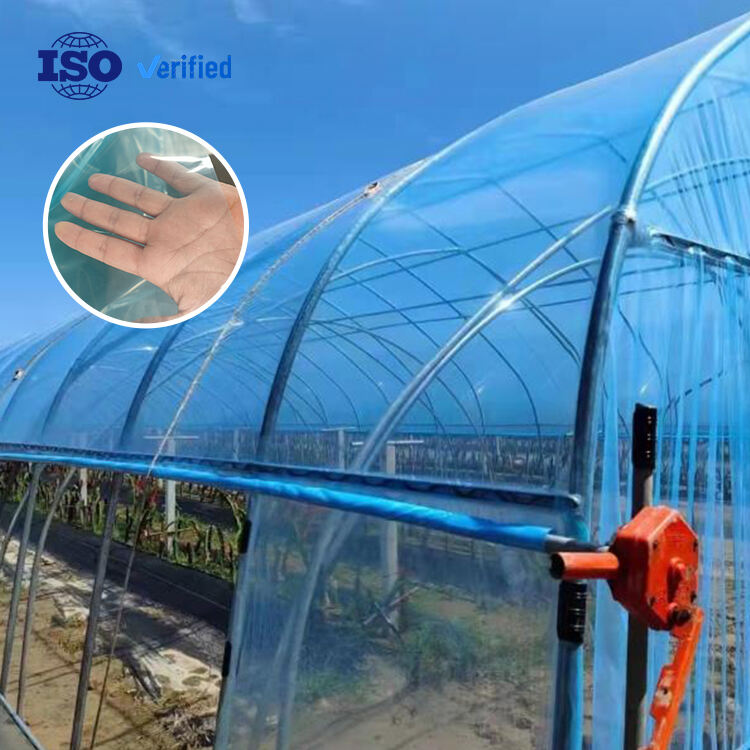film biodegradable agriculture
Film biodegradable agriculture represents a revolutionary advancement in sustainable farming practices, offering an environmentally conscious solution to traditional agricultural film applications. This innovative technology comprises specially engineered polymers that naturally decompose into harmless substances after their intended use period. The films are designed to maintain optimal soil conditions by regulating temperature, preserving moisture, and preventing weed growth during the critical growing season. Their molecular structure is carefully calibrated to begin degradation only after serving their primary agricultural purpose, typically lasting between 3 to 6 months depending on environmental conditions and specific formulations. These films effectively function as traditional agricultural films while in use, providing excellent mechanical properties and barrier protection. They can be manufactured in various thicknesses and dimensions to suit different crop types and growing conditions. The technology incorporates organic compounds that facilitate microbial breakdown, ensuring complete biodegradation without leaving harmful residues in the soil. Advanced manufacturing processes ensure consistent quality and degradation timing, making them reliable for commercial farming operations. This solution addresses both agricultural efficiency and environmental sustainability, marking a significant step forward in modern farming practices.


